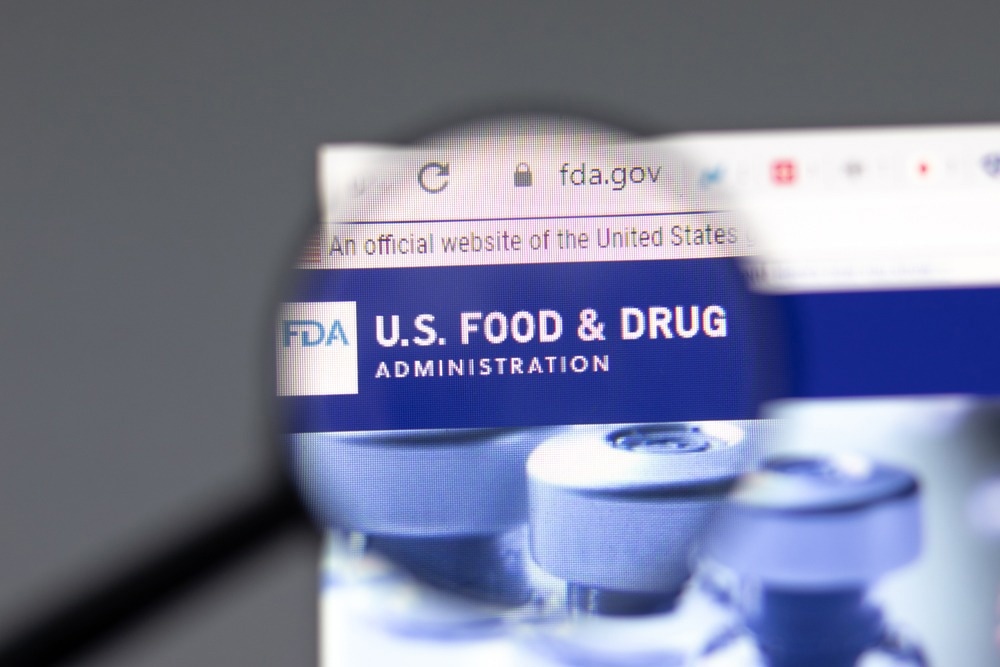During the drug discovery process, new compounds or active moieties (molecules or ions responsible for physiological or pharmacological action) can arise that have not previously been FDA-approved. These compounds are called New Chemical Entities (NCE) as they have not previously been used, and they can help bring about cures and therapies for incurable diseases such as cancer due to the novelty of the drug and or compound.

Image Credit: metamorworks/Shutterstock.com
What are they?
New chemical entities (NCE) start as chemical molecules, which can then progress to essential ingredients in crucial drugs. The FDA defines NCEs as pharmaceutical drugs that do not have active molecules which the FDA has previously approved for use in another drug.
Drug development
At the beginning of drug development, there is usually a great deal unknown about the NCE, such as pharmacokinetics, toxicity, and metabolism. Before human trials, this lack of knowledge needs to be addressed, after which they go through rigorous testing, including clinical trials, to determine a safe and effective dose.
Even when clinical trials have begun, the process of drug development continues as there is still a large amount of research that is needed, such as long-term effects and toxicities to systems that were not previously monitored, as well as going through a lengthy carcinogenic testing process, to ensure it is not carcinogenic.
Cost of drug development
The drug development process can be costly, especially for a drug with an NCE. Some studies found that bringing a new drug (a drug with an NCE) to the market could cost approximately $800M, while others estimate $500M to $2000M. These figures include the cost of the drug developments that did not result in a new drug.
The consumer advocacy group, Public Citizen, suggests that the actual costs are lower than these estimates and that approximately 30% of the costs go into clinical trials required by the FDA. These high costs associated with the potential production of a new drug could deter pharmaceutical companies; therefore, it is essential to have a monetary incentive, such as exclusivity rights.
Exclusivity rights
The FDA implements a 5-year marketing exclusivity right to NCEs; this protects the drug from the competition throughout this period, allowing the pharmaceutical company to make back the cost they incurred and turn a profit. There are also amendments for a 3-year exclusivity for new drugs containing previously approved moieties. These protections are available with or without a patent.

Image Credit: Postmodern Studio/Shutterstock.com
Breakthrough therapies
In 2012 the FDA introduced a new program for new drugs targetting serious conditions called "designation of a drug as a breakthrough therapy". This drug would require more preliminary clinical evidence than necessary for fast-track designation.
The factors needed for this designation are as follows "if the drug is intended… to treat a serious or life-threatening disease or condition and preliminary clinical evidence indicated that the drug may demonstrate substantial improvement over existing therapies on one or more clinically significant endpoints…".
After these conditions are met, the drug would also meet the conditions of fast-track therapy, so would be fast-tracked. This designation helps to avoid the lengthy processes other new drugs have to pass; however, it is safer than fast track as it requires more evidence before it can go through the fast track route. This is significant for NCEs that target cancer or other life-threatening uncurable diseases.
Challenges with the development of NCEs
Developers face many challenges during the development of NCEs, as there is plenty of uncertainty about a compound that has not been looked into or researched as those that are FDA approved.
Sourcing the highest quality of raw materials is a challenge for manufacturing organizations that must meet certain requirements outlined in the DMF (Drug Master File) submitted to the FDA. Another challenge that most pharmaceutical companies producing NCE are facing is poor solubility. Since NCEs have not been used in any other FDA-approved drugs, pharmaceutical companies have to develop innovative ways to increase the drug's solubility without affecting the entity's chemical makeup or characteristics. Then, the manufacturing methods have to be scaled up, which can lead to very different outcomes from expected, such as new impurities and issues with crystallization. There are also challenges associated with the yield of the drug.
Organic compounds are not pure, so drugs isolated from organic compounds need to be purified from the natural components. Purification involves eliminating unwanted entities that may affect the drug's efficacy and may even be harmful. This purification process can be costly and decrease the yield of the drug drastically, making the feasibility of extracting the drug from the organic compound difficult.
Moving forward
The possibilities NCEs bring about are endless and can improve many treatments and cure previously incurable diseases. However, with all the challenges the production of an NCE brings about, it can discourage pharmaceutical companies from looking into these new drugs.
This is where the importance of financial incentives plays a large role. If the feasibility of producing these drugs is demonstrated from a financial perspective, thanks to programs such as the 5-year marketing exclusivity rights, research into NCEs can be transformational.
Sources:
- Branch, S. K., & Agranat, I. (2014). "New drug" designations for new therapeutic entities: new active substance, new chemical entity, new biological entity, new molecular entity. Journal of medicinal chemistry, 57(21), 8729–8765. https://doi.org/10.1021/jm402001w
- Strovel, J., Sittampalam, S., Coussens, N. P., et al. (2012). Early Drug Discovery and Development Guidelines: For Academic Researchers, Collaborators, and Start-up Companies. In S. Markossian (Eds.) et. al., Assay Guidance Manual. Eli Lilly & Company and the National Center for Advancing Translational Sciences.
- Bauer, F. (2020, February 19). Challenges in today's pharmaceutical formulation. European Pharmaceutical Review. www.europeanpharmaceuticalreview.com/.../
- Team Media Kalkine. (2021, May 21). New Chemical Entity (NCE). Kalkinemedia.Com. https://kalkinemedia.com/definition/n/new-chemical-entity-nce
- Drug_development. (2018, October 23). Bionity. https://www.bionity.com/en/encyclopedia/Drug_development.html
Last Updated: Jan 18, 2023